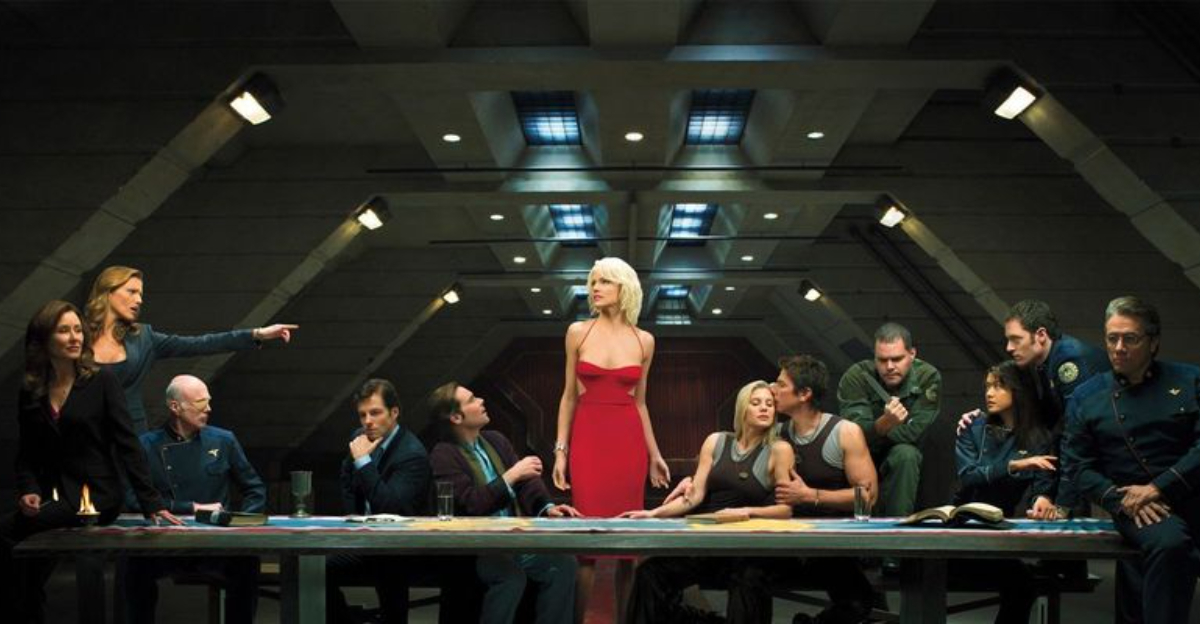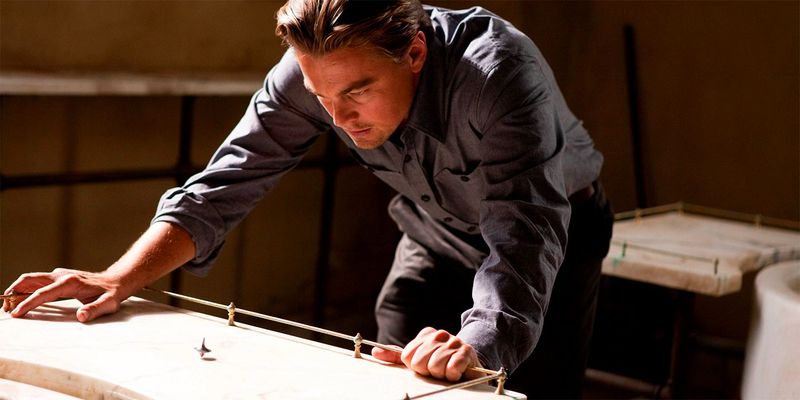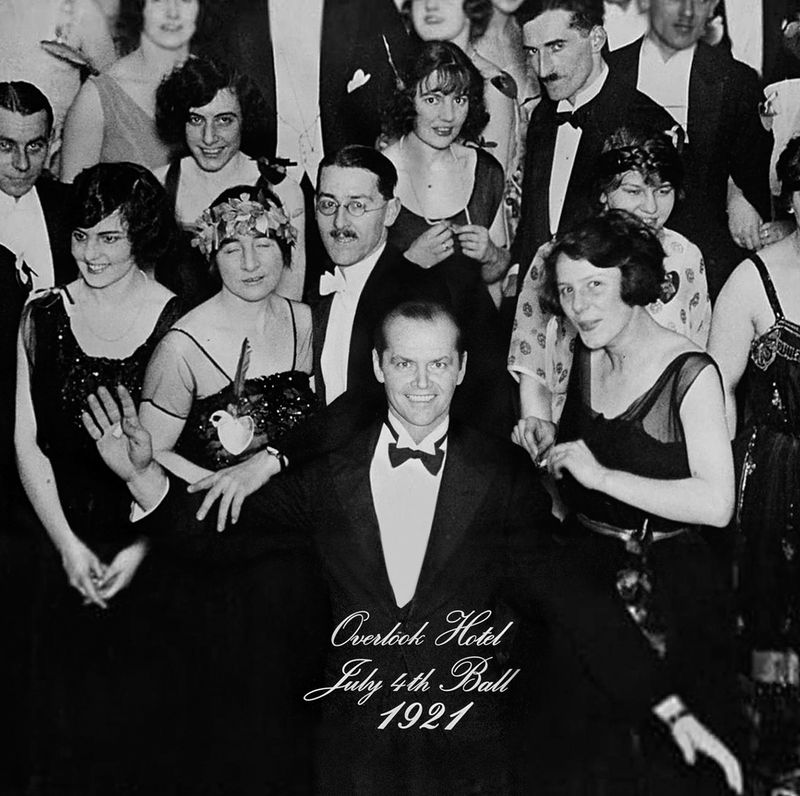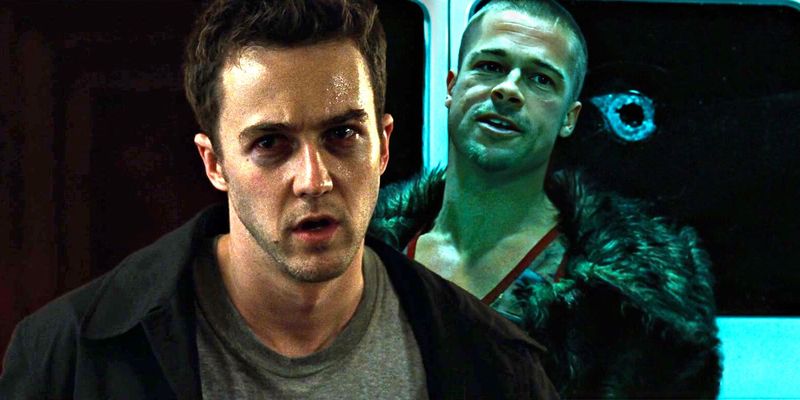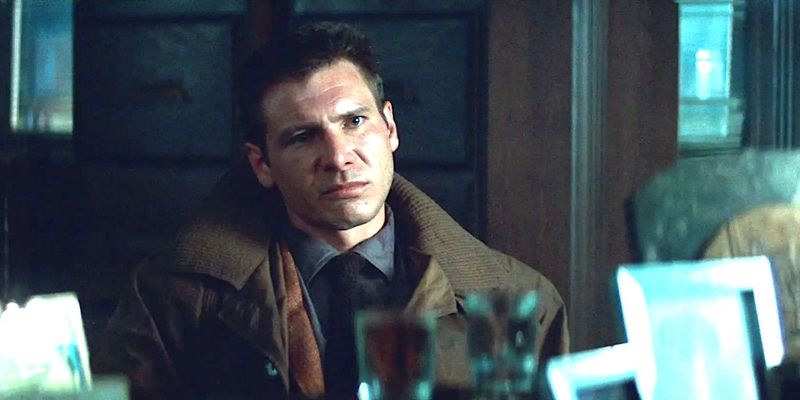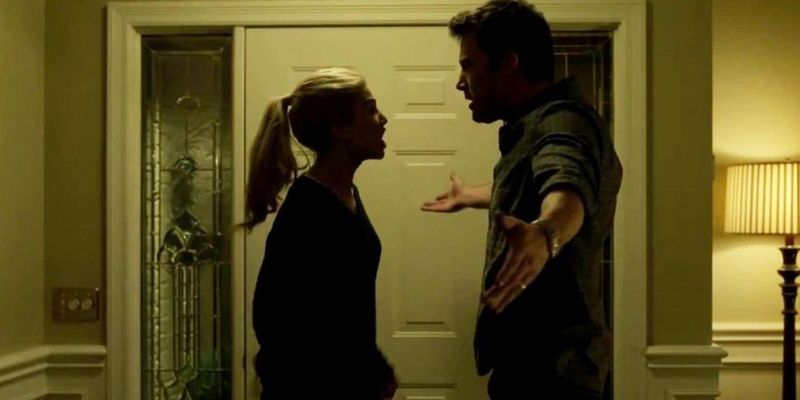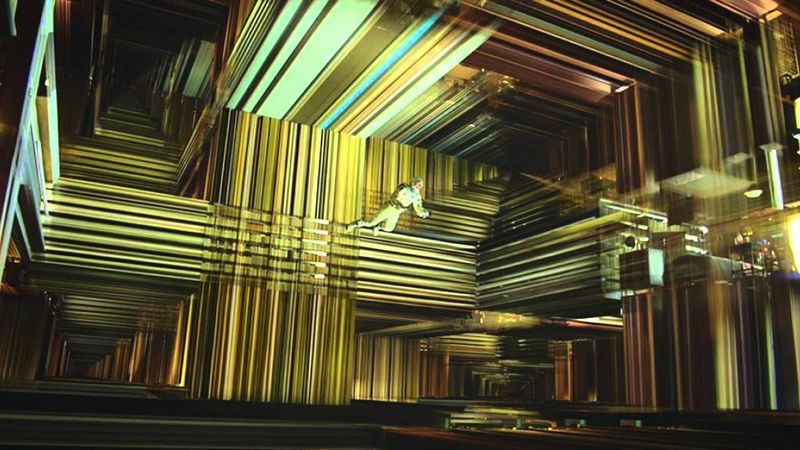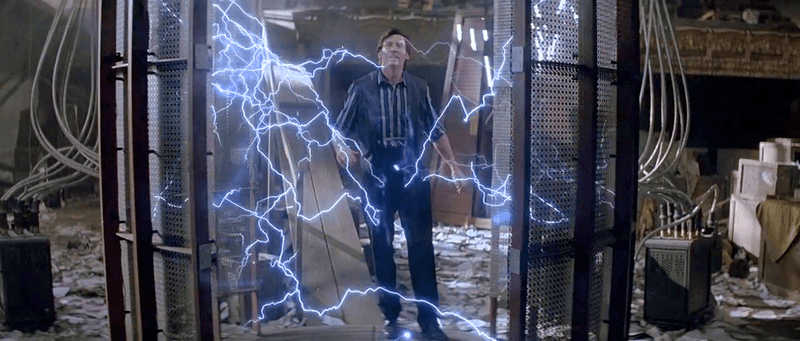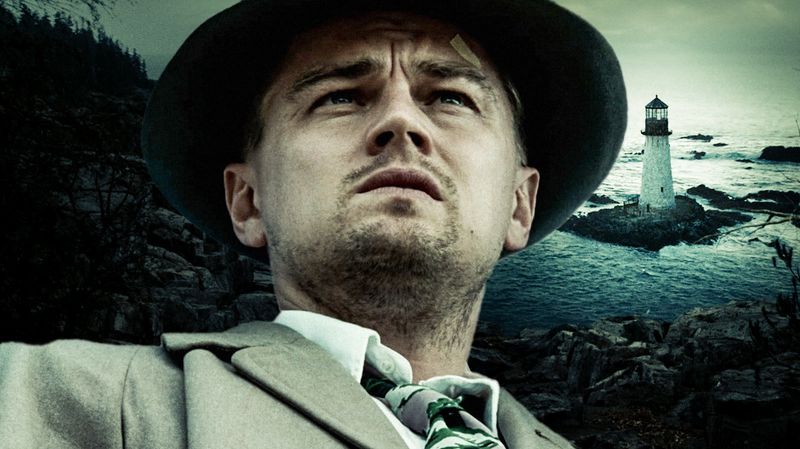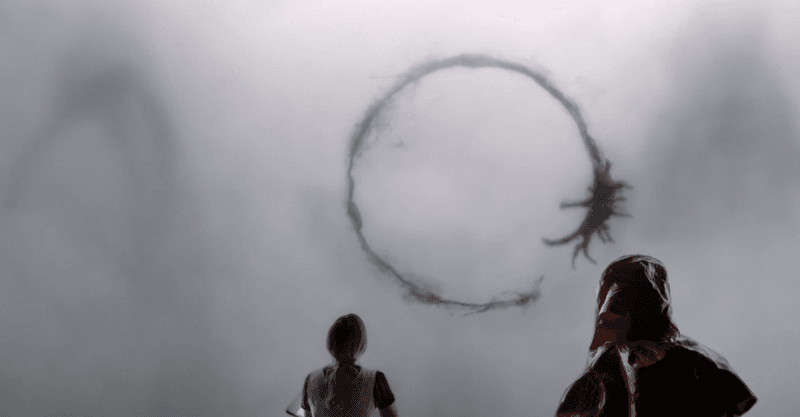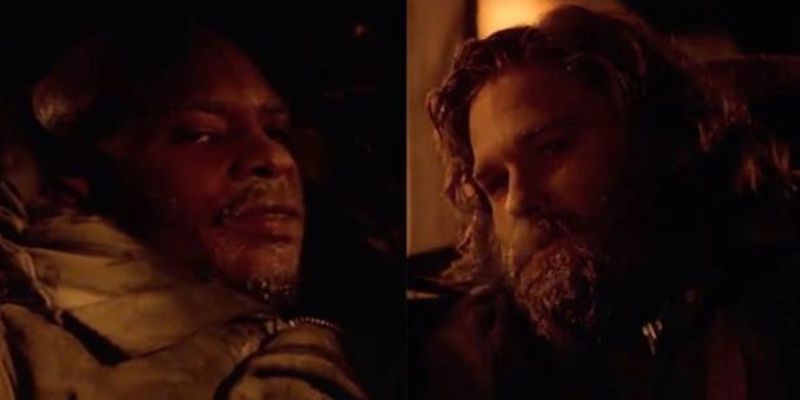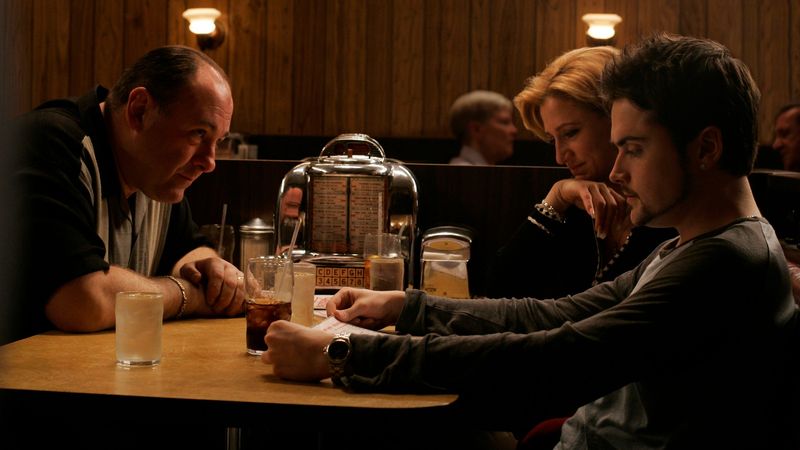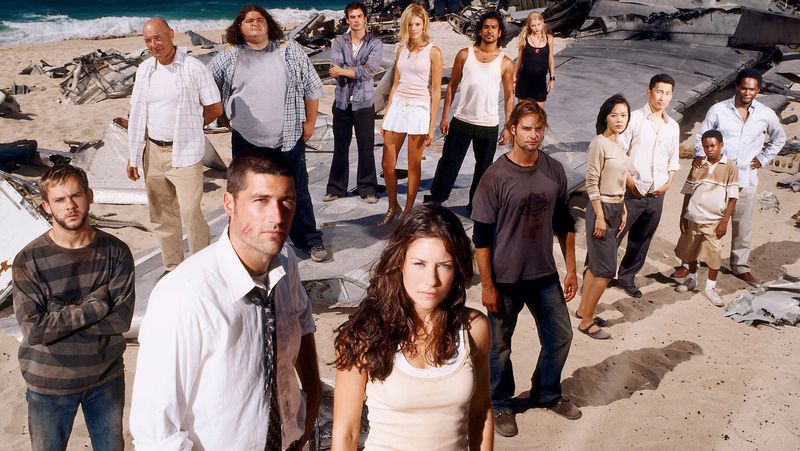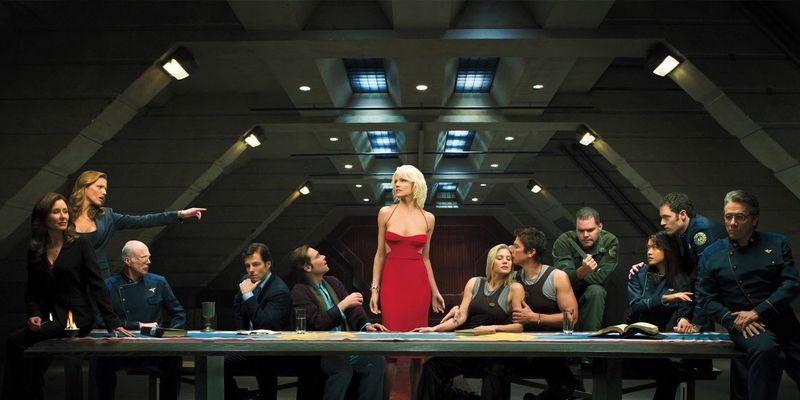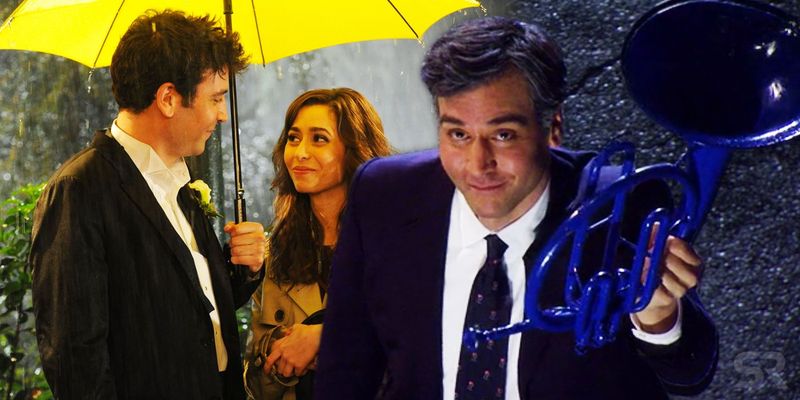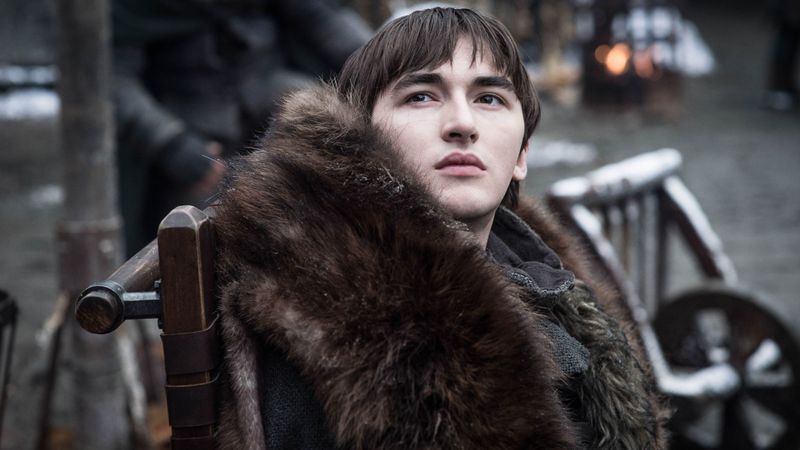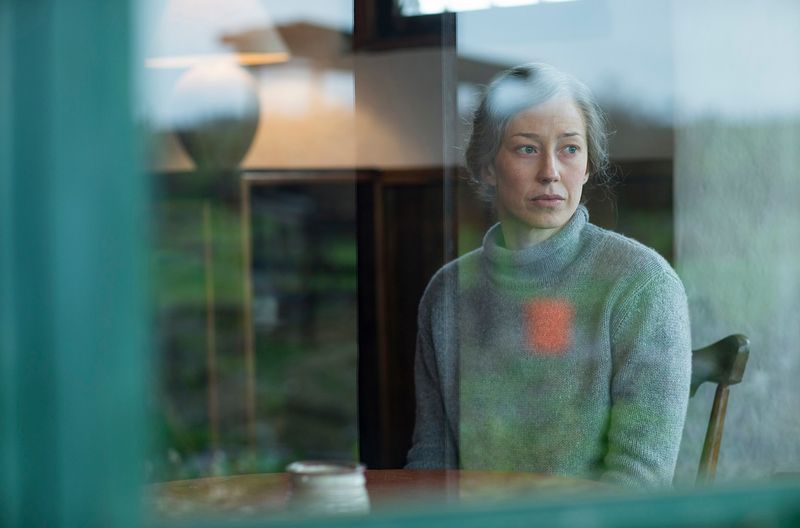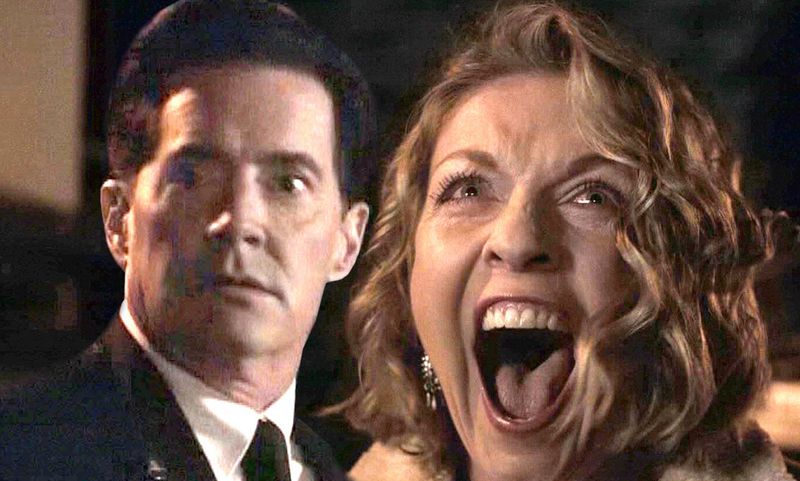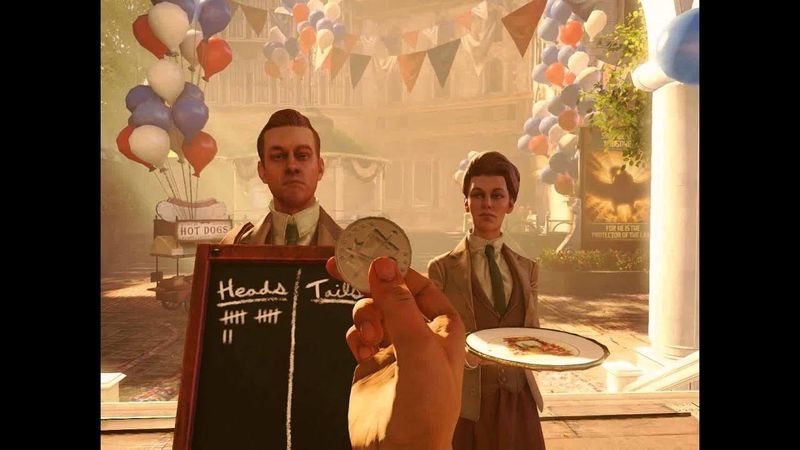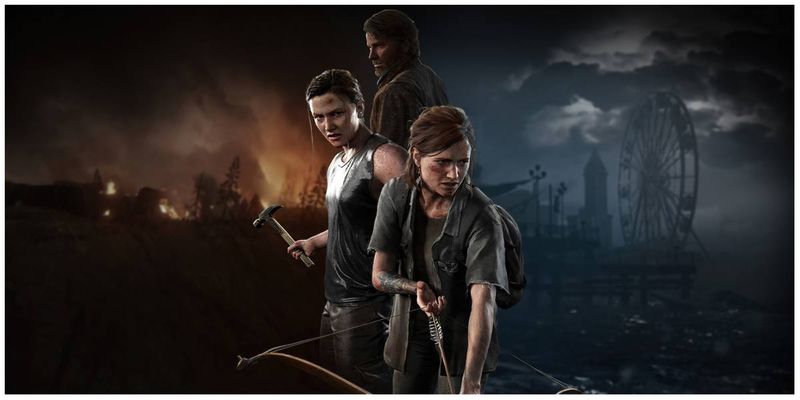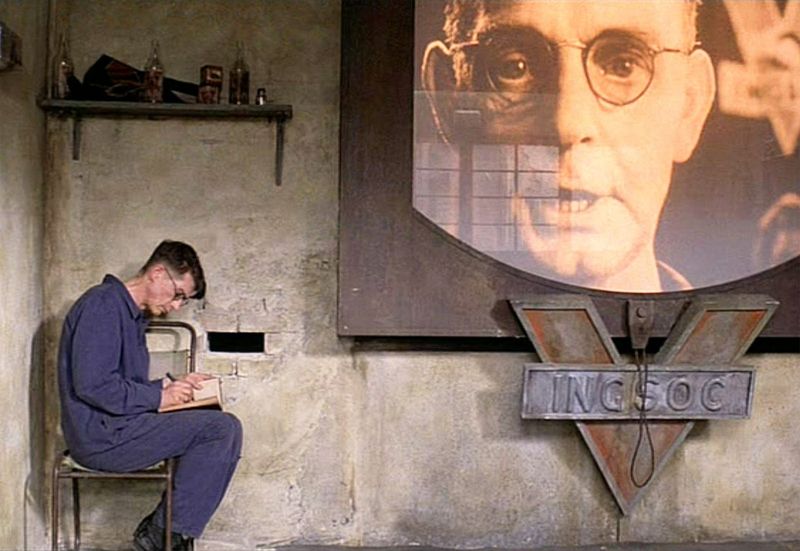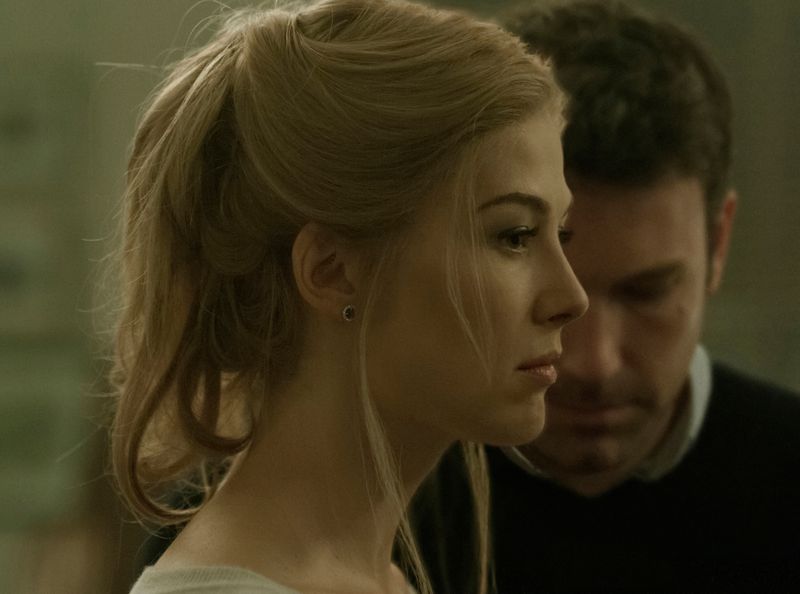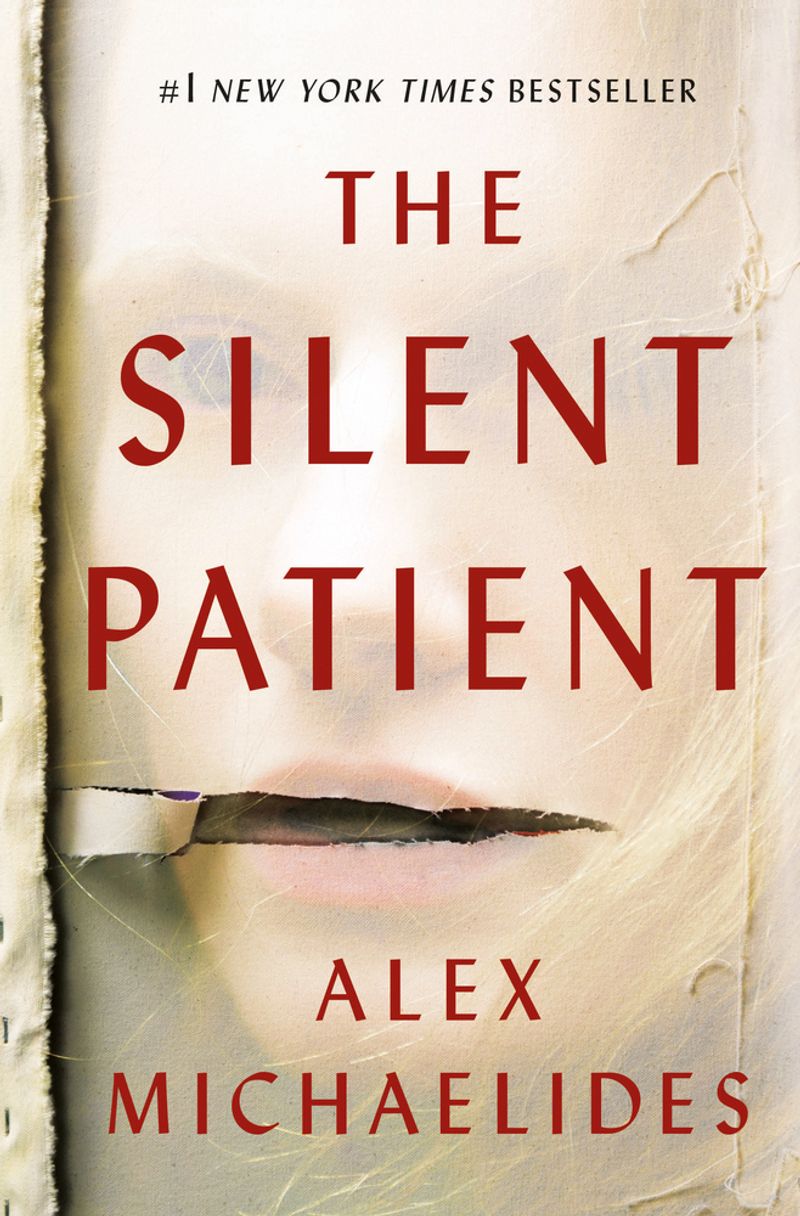Plot twists have long fascinated audiences, leaving them in thoughtful debate for years. From mind-bending films to shocking TV finales, each twist offers a unique perspective that challenges the viewers’ perception. Whether it is questioning the reality of dreams in “Inception” or pondering the true fate of characters in “Game of Thrones,” these twists are more than just story elements. They invite us to think deeply about the narrative, often leaving us in heated discussions long after the credits roll. Here, we explore 23 iconic plot twists that continue to spark curiosity and debate.
1. Inception (2010) – Does the Top Stop Spinning?
The spinning top in “Inception” left audiences hanging. Did it stop, indicating a return to reality, or keep spinning, suggesting Cobb remained in a dream? This open-ended conclusion has led to endless debates. Some believe the top begins to wobble, hinting at reality, while others see the unresolved spin as a metaphor for the dream-like nature of life. Director Christopher Nolan’s ambiguity fuels this debate, making it a classic modern twist.
2. The Shining (1980) – What’s Up with the Photo?
The Shining’s haunting final shot reveals Jack Torrance in a 1921 photo. This eerie twist brings up the question: was Jack always part of the hotel, or did it consume him? Theories range from reincarnation to the idea that the Overlook Hotel absorbs its victims. Stanley Kubrick’s use of time and identity adds layers to this chilling ending, inviting viewers to delve into the supernatural possibilities.
3. Fight Club (1999) – Tyler Durden’s True Identity
“We are the same person.” This revelation in “Fight Club” caught audiences off-guard. The Narrator and Tyler Durden are one, a shocking twist that challenges the perception of identity. Fans continue to debate whether the Narrator truly vanquished Tyler or if he lingers in his mind. The film’s exploration of mental health and societal pressures adds depth to this unforgettable twist.
4. Blade Runner (1982) – Is Deckard a Replicant?
The question of Deckard’s humanity lingers in “Blade Runner.” Is he a replicant, or merely a human with implanted memories? The unicorn dream and Rachael’s origin spark this ongoing debate. Ridley Scott insists Deckard is a replicant, while Harrison Ford disagrees. This dichotomy adds nuance to the film’s exploration of identity and what it means to be truly human.
5. Gone Girl (2014) – Why Does Nick Stay?
In “Gone Girl,” Amy’s deceitful game leaves Nick in a precarious situation. She fakes her death, frames him for murder, then returns pregnant. Is Nick trapped in a toxic cycle, or does he find a strange allure in Amy’s manipulations? The complexity of their relationship keeps audiences speculating. David Fincher’s intense storytelling captures the enigmatic nature of trust and betrayal.
6. Interstellar (2014) – Who Built the Tesseract?
“Interstellar” presents a mind-bending twist with the tesseract. Is it constructed by future humans, Cooper himself, or a higher power? The paradox of time and space continues to intrigue viewers. Some see it as a symbol of human evolution, while others ponder the existence of divine intervention. Christopher Nolan’s exploration of love, time, and survival adds layers to this cosmic mystery.
7. The Prestige (2006) – How Many Clones Did Angier Make?
In “The Prestige,” Angier’s cloning trick raises the question: how many clones did he make, and which is the “real” Angier? His nightly self-sacrificing act adds a chilling element. Some viewers wonder if the original Angier even exists. Christopher Nolan’s exploration of obsession and sacrifice creates an unforgettable twist that leaves audiences questioning the nature of identity.
8. Shutter Island (2010) – Is Teddy Really Crazy?
“Shutter Island” presents a psychological dilemma: is Teddy Daniels truly insane, or does he choose ignorance to escape reality? The film’s ambiguous ending leaves room for interpretation. Some argue he relapses, while others see his decision as a conscious choice. Martin Scorsese’s direction blurs the line between sanity and delusion, making this twist a topic of endless debate.
9. Arrival (2016) – Are the Flashbacks Actually Flash-Forwards?
“Arrival” challenges linear perception with its twist: Louise’s flashbacks are glimpses of an unexperienced future. Knowing her daughter’s fate raises ethical questions. Why have a child destined to die? The film explores language, time, and choice, leaving audiences pondering the nature of destiny. Denis Villeneuve’s storytelling weaves a poignant narrative that resonates deeply.
10. The Thing (1982) – Who’s Human at the End?
In “The Thing,” the chilling standoff between MacReady and Childs leaves audiences questioning: who’s human? The ambiguity of their fate and the lurking alien presence fuels speculation. John Carpenter’s atmospheric tension and masterful storytelling leave the ending open to interpretation, inviting viewers to ponder the essence of humanity in the face of an unknown threat.
11. The Sopranos (2007) – What Happens After the Cut to Black?
The abrupt ending of “The Sopranos,” cutting to black during a diner scene, leaves audiences in suspense. Was Tony Soprano whacked, or does life go on? The sudden blackout symbolizes the unpredictability of life and death. David Chase’s decision to leave Tony’s fate ambiguous keeps fans debating the significance of the series’ conclusion.
12. Lost (2010) – Were They Dead the Whole Time?
“Lost” concludes with a twist, revealing the flash-sideways as a purgatory-like afterlife. Fans question the island’s reality and its enigmatic rules. While not dead the whole time, the ending’s spiritual undertones evoke mixed emotions. The show’s exploration of faith, redemption, and destiny leaves a profound impact, sparking discussions about its meaning.
13. Battlestar Galactica (2009) – Why Abandon Technology?
The survivors’ decision to settle on a prehistoric Earth in “Battlestar Galactica” raises questions. Was abandoning technology hopeful or naive? This choice resonates with themes of rebirth and starting anew. Fans debate the wisdom of this move, considering the show’s exploration of humanity, survival, and destiny. The ending’s ambiguity fuels ongoing discussions.
14. How I Met Your Mother (2014) – Does Ted End Up with Robin?
The twist ending of “How I Met Your Mother” reveals Ted ending up with Robin after the mother’s death. Was this a betrayal of the series’ premise? Fans feel conflicted, questioning the decision’s impact on the narrative. The show’s exploration of love, destiny, and choice adds complexity to this divisive ending, leaving audiences reflecting on its message.
15. Game of Thrones (2019) – Why Bran as King?
“Game of Thrones” concludes with Bran Stark’s unexpected ascent to the throne. Was this foreshadowed brilliance or a rushed decision? Fans debate the series’ ending, pondering if Bran’s story arc justifies his rule. The themes of power, destiny, and leadership fuel this ongoing discussion, making it a memorable conclusion to the epic saga.
16. The Leftovers (2017) – Did Nora Tell the Truth?
The ambiguous ending of “The Leftovers” leaves viewers questioning: did Nora truly find the “Departed” in another dimension? Her story could be a coping mechanism or an astonishing truth. The series’ exploration of loss, faith, and healing resonates deeply, inviting audiences to ponder the complexities of belief and reality in a world marked by inexplicable loss.
17. Twin Peaks: The Return (2017) – What Does Judy Want?
The enigmatic conclusion of “Twin Peaks: The Return” leaves audiences in a state of bewilderment. Laura’s haunting scream and the blackout raise questions about Judy’s desires and Cooper’s fate. The surreal nature of the show, combined with David Lynch’s abstract storytelling, creates an ending that defies conventional interpretation, leaving viewers intrigued and puzzled.
18. BioShock Infinite (2013) – The Lutece “Coin Flip”
In “BioShock Infinite,” the Lutece twins’ coin flip symbolizes the illusion of choice within the multiverse. The revelation that every flip leads to the same outcome sparks philosophical debate. Is free will merely a fantasy? The game’s intricate narrative and exploration of parallel worlds resonate with players, leaving them pondering the nature of destiny and autonomy.
19. The Last of Us Part II (2020) – Was Abby Justified?
The moral complexity in “The Last of Us Part II” ignites debate. Was Abby justified in her actions, and did Ellie betray Joel’s legacy by sparing her? The game’s exploration of revenge, forgiveness, and humanity captivates players. Its controversial ending challenges perceptions of justice and morality, stirring intense discussions about the characters’ choices and the story’s impact.
20. Metal Gear Solid 2 (2001) – Who Is Really in Control?
The revelation in “Metal Gear Solid 2” that the Patriots control Raiden’s mission questions the nature of control and reality. Did Kojima predict the rise of AI and misinformation? Fans speculate on the game’s prophetic themes. Its narrative complexity and philosophical undertones continue to engage players, prompting reflections on autonomy and truth in a digital age.
21. *1984* – Did Winston Really Love Big Brother?
The chilling conclusion of *1984* leaves readers questioning whether Winston truly loved Big Brother. Was it genuine affection or brainwashing? Orwell’s exploration of totalitarian control challenges perceptions of love, loyalty, and freedom. The novel’s enduring impact resonates with readers, prompting discussions about power and individuality in a world that demands conformity.
22. Gone Girl – Did Nick Ever Stand a Chance?
In “Gone Girl,” Amy’s cunning manipulation leaves Nick in a precarious position. Was there any reality where he could win? The complexity of their relationship, combined with the unreliable narrative, keeps readers questioning the nature of truth and deception. Gillian Flynn’s storytelling captivates, inviting speculation about the limits of love and the power of manipulation.
23. The Silent Patient – Who Was Manipulating Whom?
The revelation in “The Silent Patient” that the therapist is the true villain flips the narrative. Was it a clever twist or a contrived trick? Readers debate the plausibility of the clues and the manipulation within the story. Michaelides’ novel explores themes of trust, trauma, and deception, leaving a lasting impression as it challenges perceptions of morality and truth.
